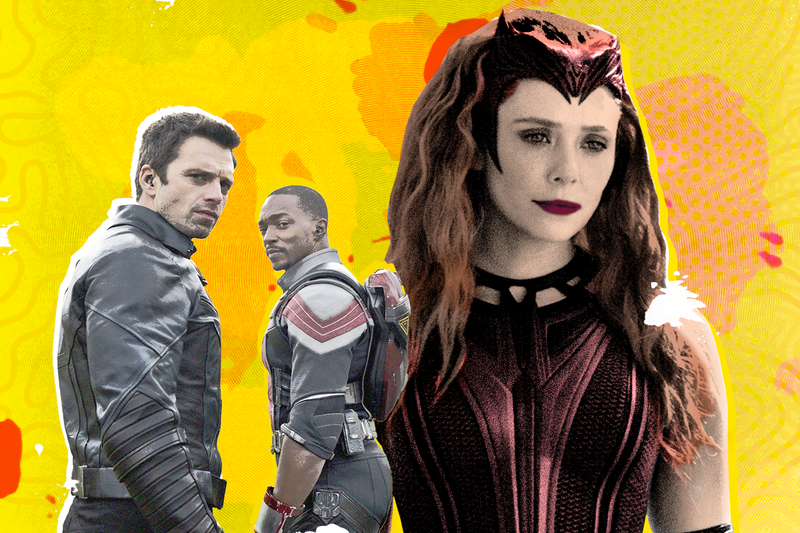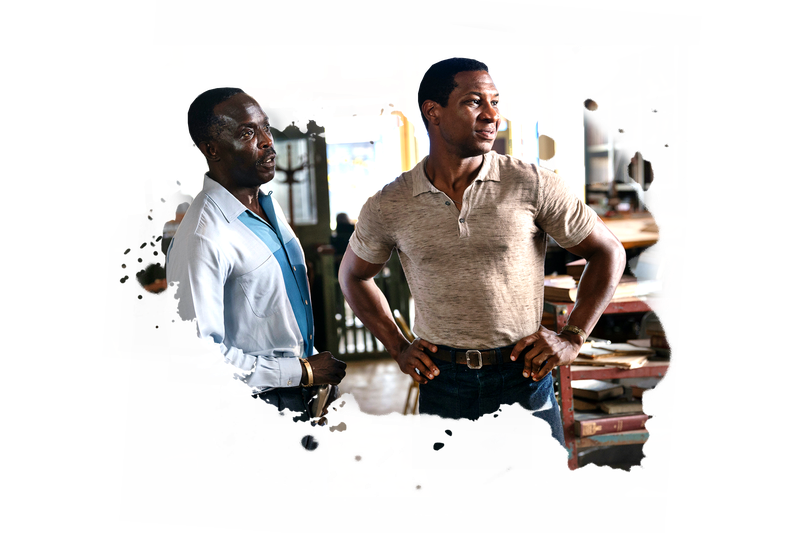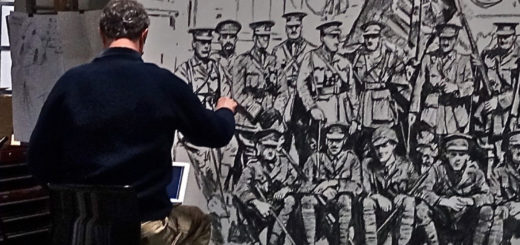Vanity Fair – What the Emmy Nominating Ballots Reveal

What the Emmy Nominating Ballots Reveal
Pencils up! We’re in the thick of Emmy voting right now, which began last week and concludes on Monday. While studios and talent make their big final FYC pushes, voters are (hopefully) catching up on what they’ve missed as they get to checking off their ballots. In this sort of post–peak TV world, every show has a smaller audience—rendering visibility on the trail that much more important.
The Emmys make their nominating ballots public, and these often give a better overall picture of a campaign strategy than any event or ad can. Why? The Emmys are complicated. Take the writing and directing categories: a program that submits too many episodes—one limit being an individual/team isn’t cited for the same program twice—may risk canceling itself out and get no nominations in those fields at all. (It’s hard to imagine many voters thinking of specific episodes, rather than just the shows they like best.) On the other hand, a heavyweight saturating the ballot can mark an attempt at dominance and a show of high confidence. (Game of Thrones threw everything at the wall by the end; for its last season, the gambit paid off with three directing nominations.)
This year’s comedy ballots find first-timer HBO Max playing it safe—and, in this reporter’s opinion, smart. Its breakout comedies Hacks and The Flight Attendant have just a single episode listed for many behind-the-camera categories, including directing. This maximizes their chance for across-the-board recognition, without knowing how well-liked they are by the Television Academy just yet. By contrast, comedy front-runner—and fellow newcomer—Ted Lasso submitted four episodes in directing alone. Will it crowd everyone else out, or underperform there? Apple TV+ is banking on the first option.
On the other hand, Awards Insider wages that WandaVision and The Handmaid’s Tale were a little too generous, maybe, with their submissions—Disney+ put eight episodes of the former up for writing—while top drama contender The Crown understands that less is more, particularly with two strong episodes up for directing in the Charles-Diana installment “Fairytale” and the season finale “War.” Indeed, the Netflix period piece went two for two in the category just last year.
As ever, TV’s blurring lines have left room for some suspect categorizations. Hamilton and the National Theatre’s stage-screen hybrid production of Romeo & Juliet are listed as prerecorded variety specials, but their actors are eligible under the TV-movie umbrella. The Mandalorian’s varying episode lengths allow it to feature on both half hour and one-hour cinematography ballots, even though those distinctions typically keep shows on one side or the other. Nick Robinson’s work in Love, Victor is near entirely voiceover, but he physically appears in one episode, so is categorized as a supporting actor. (He is also listed as a supporting actor for the limited series A Teacher, even though he is clearly a lead.)
It’s a weird time for TV, and voters just have to go with the flow. (Relatedly: Ziwe is eligible for comedy lead actress—nominate her, you cowards!) So allow Awards Insider to help you wade through the glut of new contenders with these features on the trends (Marvel meets Emmys!), scenes (revisit “Murder Durdur!” Watch For All Mankind!), and performances (don’t snub Jonathan Majors, guys!) that got us most excited this season. You might just get some last-minute ideas.
Marvel Took Over the World, and Now It Wants an Emmy
Inside the MCU’s first major Emmy campaigns—and how they define a prestige-TV era.
Inside SNL’s Killer Mare of Easttown Parody
Kate McKinnon and her cast and crewmates on nailing a Delco accent, tangling with Gritty, and learning to love Elon Musk’s creepy priest.
The Making of For All Mankind’s Riveting Finale
Revisiting the epic, slow-motion moonwalk that ended in tragedy—and poetry.
How Jonathan Majors Created Lovecraft Country’s Surprising Hero
Stingy with his smiles and slow to rush into battle, Atticus Freeman isn’t your typical genre lead.








